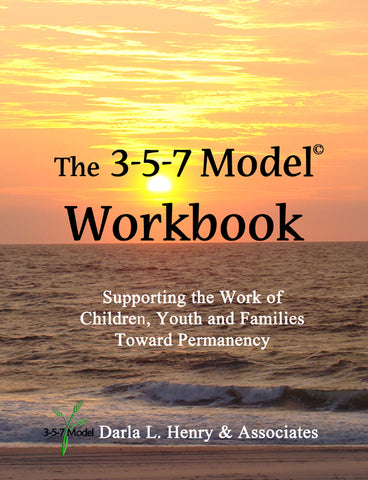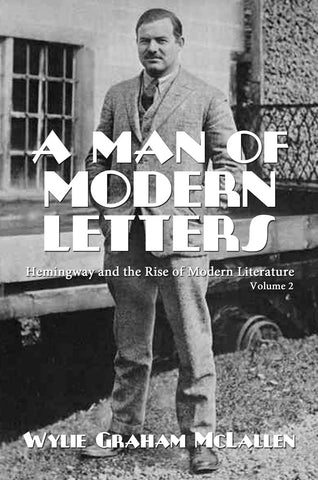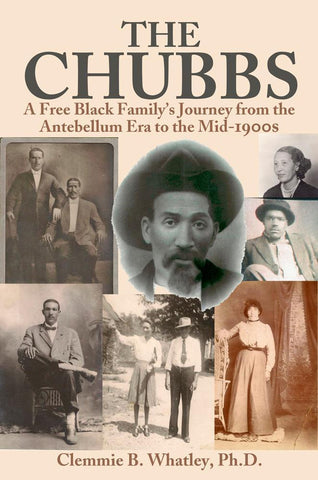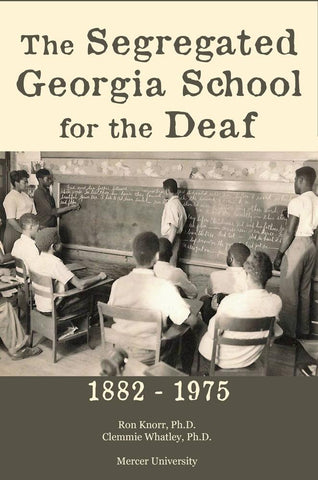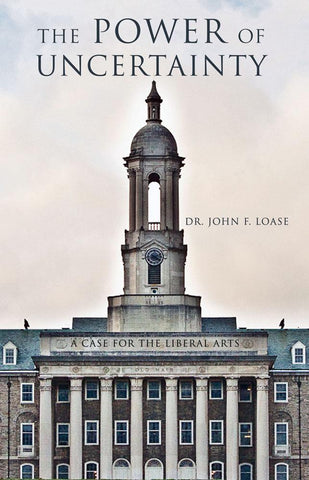A Family for the Time: Robert Carter Nicholas, George Nicholas and the Critical First Decades of the United States
Jeffrey A Zemler
Non-Fiction
by Jeffrey Zemler Robert Carter Nicholas, George Nicholas, and the Critical First Decades of the United States Today, much has been written about well-known Virginians of the late eighteenth century—Washington, Jefferson,...
Out of stock
9781620063842
Robert Carter Nicholas, George Nicholas, and the Critical First Decades of the United States
Today, much has been written about well-known Virginians of the late eighteenth century—Washington, Jefferson, and Madison in particular. Yet, one Virginian father and son who strolled among these giants as equals are relatively unknown: Robert Carter Nicholas and his oldest son George. Robert Carter Nicholas, Virginia’s last colonial treasurer, was conservative by nature. He condemned what Britain was doing to the colonies, but hesitated on independence. His hesitancy, however, did not reduce the high regard in which Virginians held him, eventually elevating him to the newly formed Court of Chancery. George Nicholas, to the contrary, embraced the American cause and became an early military leader. At times, his rambunctiousness got him into trouble, such as his calls for a dictatorship in Virginia and his attacks on Thomas Jefferson as governor, but he managed to overcome those setbacks and become an important political leader in Virginia. As George began to mature politically, he retained some of his radical tendencies, siding with debtors and helping James Madison bring to an end the established church in Virginia. He fervently believed in the need for a new Constitution, and at the Virginia Ratifying Convention, he went toe-to-toe with Patrick Henry and convinced Virginians to support the new government. His advocacy of the Constitution as a contract and his insistence that enumerated powers would constrain the federal government became the centerpiece of the states’ rights movement that would later emerge. Moving to Kentucky, George became a leader in the district and almost single-handedly wrote Kentucky’s first constitution, which reflected his now conservative outlook, especially property rights in slaves. Throughout the remainder of his life, George was an observer of politic affairs, becoming a fierce critic of Federalists in general and of the John Adams administration in particular. Unfortunately, an early death silenced this defender of the people.
Page Count: 280
Trim Size: 6 x 9
Publish Date: March 31, 2020
Imprint: Oxford Southern
Genre: History
BIOGRAPHY & AUTOBIOGRAPHY / Historical
HISTORY / United States / Colonial Period
HISTORY / United States / Revolutionary Period
HISTORY / United States / State & Local / South







